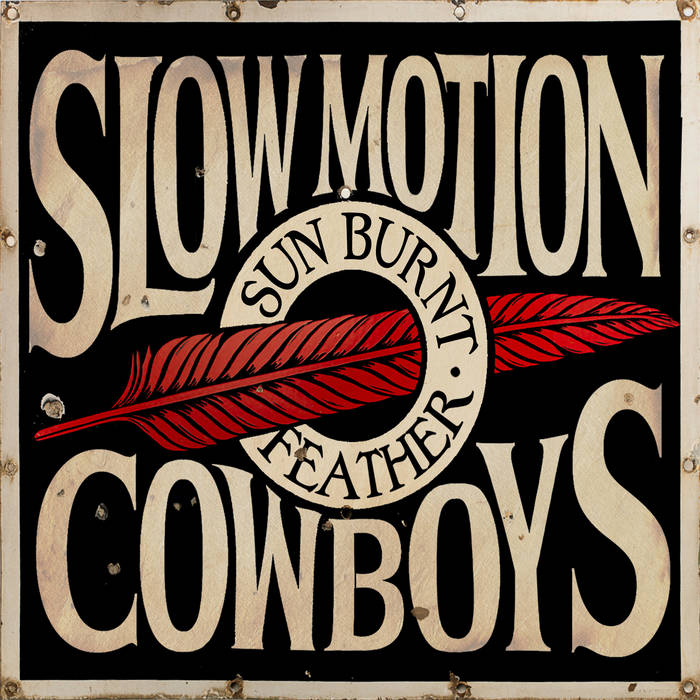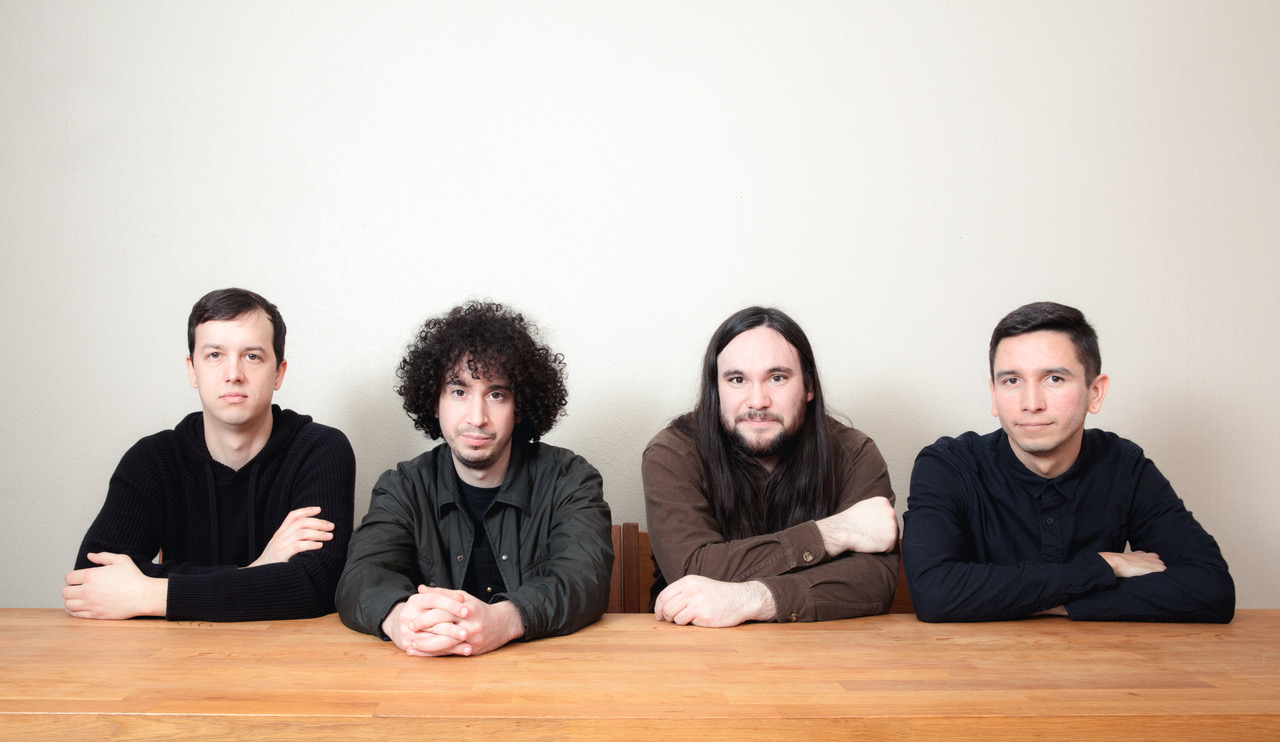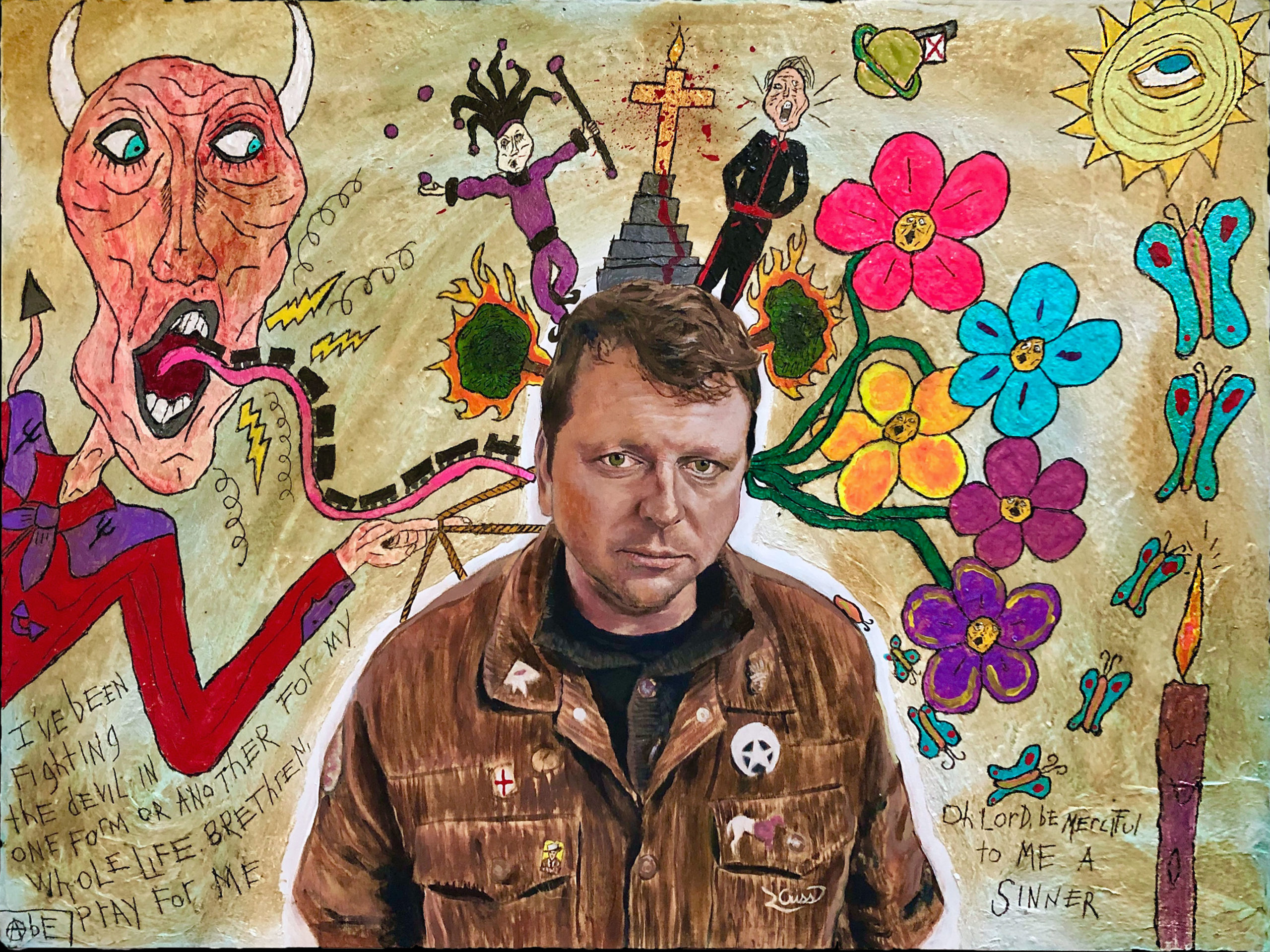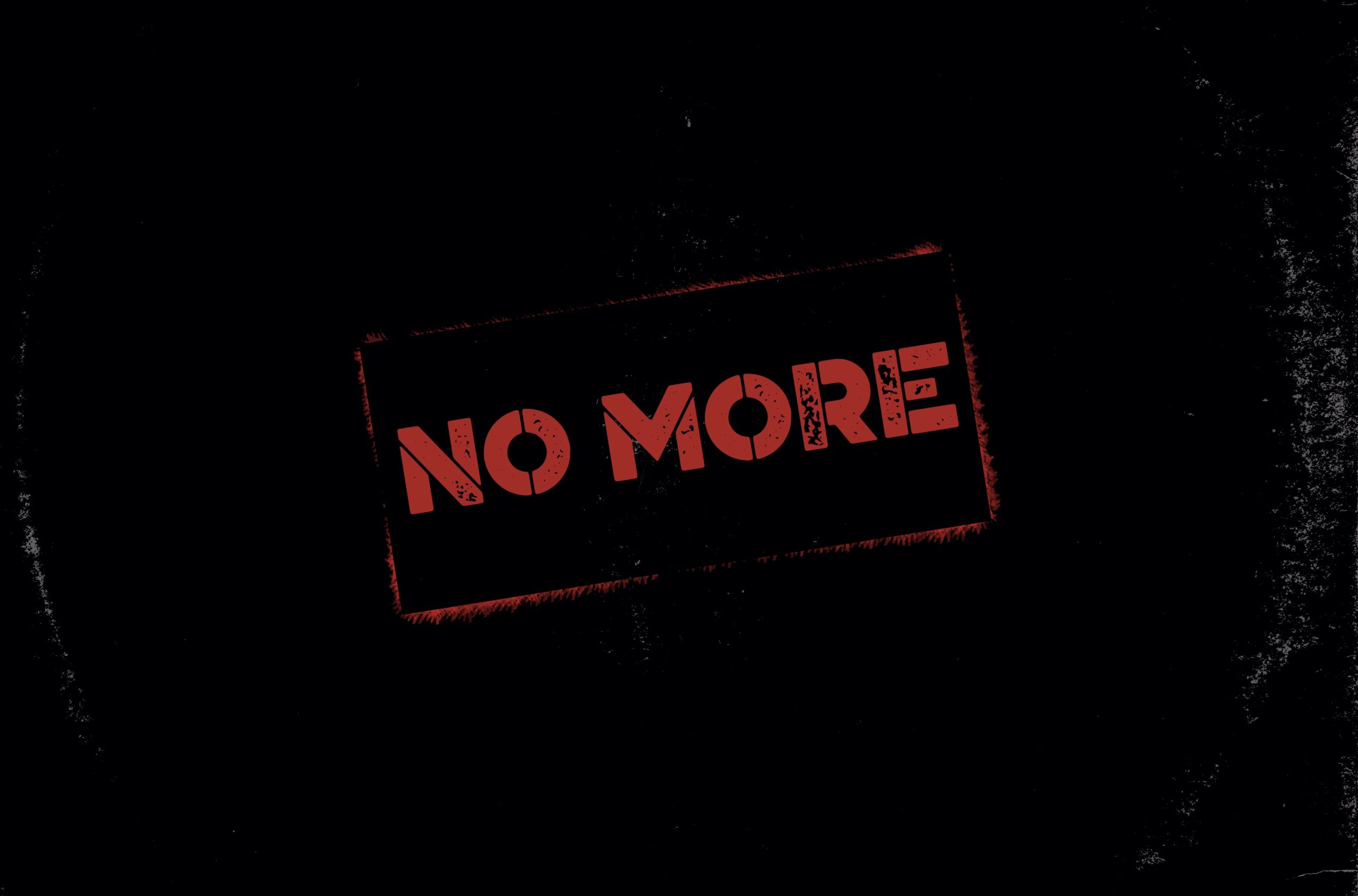By: Garrett Bethmann
Songwriter Pete Fields has been ramblin’ again, which means songs are not far behind.
Since last November, Fields has been on a whiteknuckle ride that’s taken him from his former home of Las Cruces, New Mexico to his old former home of the Bay Area in California, finally settling in his future former home of New Orleans in the last month or so. Along the way he’s had to endure helping out his mom after his stepfather passed, to getting let go from his job and, well, COVID-19. Luckily for him and his band Slow Motion Cowboys, Fields is a songwriter whose craftsmanship is very much enriched with the space the highway and outdoors provide, giving him the opportunity to whittle his thoughts and perspectives into the shapes of songs.
He’s already starting to think of the ways in which to write and record a new batch of songs now that he’s more settled in New Orleans, possibly a follow up to Slow Motion Cowboys’ most recent album Sun Burnt Feather. A true troubadour, Fields has always prioritized his songs and has constructed a life of patchwork jobs and travel that all balance on the fulcrum of his songs. It’s not an easy life necessarily, but it is rewarding and one that has allowed Slow Motion Cowboys to flourish resiliently like wildflowers in the desert.
Slow Motion Cowboys are the sound of a calming mind as it travels from the claustrophobic ouroboros of the city to the rejuvenating freedom of the country’s expanse. These acoustic, character-driven tales of have been unhurriedly pieced together from Fields’ memory, one line at a time as the mile markers pass by. There is no rush to the rhythm, no strain to the melody, no pretense to the stories, only gentle space to let Fields’ wandering folk ruminations ripple over you like the wind around your hand as it hangs out the car window, driving down a desolate road. The songs are intimate, easy and you can take them in your backpocket as you skip from town to town, dream to dream.
The group’s latest album Sun Burnt Feather, released at the end of 2019, is another tranquil respite of dusty folk, especially when everything has been turned up to 11 in this country. Songs like “Amnesia Blues” and “Sirens and Shorebirds” warm you like a fire as you shelter in place from a lovesick storm and “Tiger Mountain” is an ode Fields’ father and tracing how we manifest heaven. It’s perfect for a quiet decompression session on the porch after a taxing day and it’s the best Slow Motion Cowboys has sounded, a bar that can hopefully be cleared in the next release.
“Sun Burnt Feather is the first album where I could do things exactly the way I wanted to. I always had other people involved because I was insecure or put out really rough stuff and hope the songs were good enough. But Sun Burnt Feather is exactly what I wanted to hear,” said Fields.
Us too, as we look forward to what the next set of travels may bring for Slow Motion Cowboys and Pete Fields.

Read below for an interview with Pete Fields This interview has been edited for length and clarity.
It seems you’ve structured your life in a way where music tries to be as much as a priority as possible.
I’ll always keep doing pest stuff, organic farming, carpentry and house stuff, whatever to keep playing music. I’ve found my sweet spot but it’s fickle. Once you have it, you want to hold onto it because you want to keep that balance. Luckily, the music is progressing how I want it too. Traveling is really important for inspiration and promotion, that’s a huge part of the band. If that’s not compatible with whatever job I’m doing, I have to figure something else out. Working for myself I can make it work.
There have been times where I’ve just buckled down and times, like now, where the music is able to support me in a way that I can … it’s one of those things where the more you do it, the easier it gets. Even if that is tiny little baby steps, it’s rewarding because the song is there. You have to honor what the process is in order to write. I figured that out a long time ago. Slow Motion Cowboys is the culmination of all that travel and all those times and all those people that I know.
I really appreciate the way you write a song and build a character out of a song. It’s very story based, where I can put myself in the moments you talk about in your songs. Is there a story that’s been on the tip of your tongue lately you are having a hard time trying to tell?
To me, the story I’m working on and the approach of it is how do I speak in two different characters? I’m trying to write songs that have two people’s perspectives and a lot of the old English ballads I’ve been getting into, they are able to have two to three different characters talk. What I’m mostly trying to focus on is for the story to be simple. It’s hard for me to do something topical and have it not feel forced. But if I can find the voice, it can come out. Usually I speak as myself or as a third person, but lately I’ve been trying to write with two people in mind and have it flow like those old English ballads.
One thing I think about a lot is this mass migration of people and borders and people living on borders. It’s a constructed thing, animals don’t follow borders, most borders are very unnatural. When you are living on the border, you see how flexible it is. Flexible in the way people go back and forth and have relationships and families on both sides. I think about that a lot and I’d love to capture that somehow. I’m working with something with baseball, trying to find a comparison. I want to be able to.
What does the literal writing down of a song do for you from an emotional standpoint?
I don’t write really, I stopped writing things down years ago. I’ll do audio recording but that’s if I am really writing a lot. Really what I try to do is pick up a guitar as much as possible and play these little riffs and lines that have been in my head for 10 to 20 years. I’ve gotten to the point where I am just writing from my head.
These little lines I’ve found driving through the desert everyday, going to the orchards and back, usually something would come. I’d say them over and over and give myself the time to get it stuck in my head, to the point of annoyance. Then when I play it, hopefully something comes out. Sometimes when you are remembering the lyrics change into the way the syllable should be pronounced, instead of forcing the word into the song. That’s my process and you want to be able to feel some stuff when you are writing.
There was a little blurb you wrote on Bandcamp about Sun Burnt Feather, where essentially you say there is enough space in the landscape for you to see your life and connect the dots in your music. Why is space so important to your creative process?
I really think it has to do with the things that originally inspired me. I grew up in San Francisco on a hill and you always have to climb the hill, to get to space. I lived next to a park in the city that had space to run around, then I lived by the beach for a long time and I went to the ocean every day. All my good times were in places that had a lot of space. Space is how I’m able to get perspective on things and songwriting is all about perspective. You want to be able to carve out your own voice out of what you see.
Could you speak a little about “Tiger Mountain”? I love the descriptions of that character.
I had the chorus and those lyrics for years, it’s one of the oldest things I’ve had probably. That one to me is one I hold an extreme emotional connection to. There this place our dad used to take us when we were kids, me and my four older brothers. It was called Tiger Mountain and it was this beautiful swimming hole in the Sierra foothills. It’s debated now as to where it is, it was kind of this secret place we went to. My dad was a fly fisherman and he knew all these places and he brought us there.
There is all this debate in my family about why it’s called Tiger Mountain and where it is. My dad passed away, he was a house painter and he fell. It’s about my dad and that’s how I wanted to envision him, he went off to this spiritual place. He told me of things he saw around Tiger Mountain that were supernatural. I don’t want to make things too specific but my dad was a hunter and was a character, he was a tough mother fucker. It was a big deal when he passed away. He was a house painter and I was and it feels in some way that I took over the slog, took over the work that needs to be done. I just had to figure out a way to say it.
Now because of the song, I’ve had some people approach me and offer to help find Tiger Mountain.


